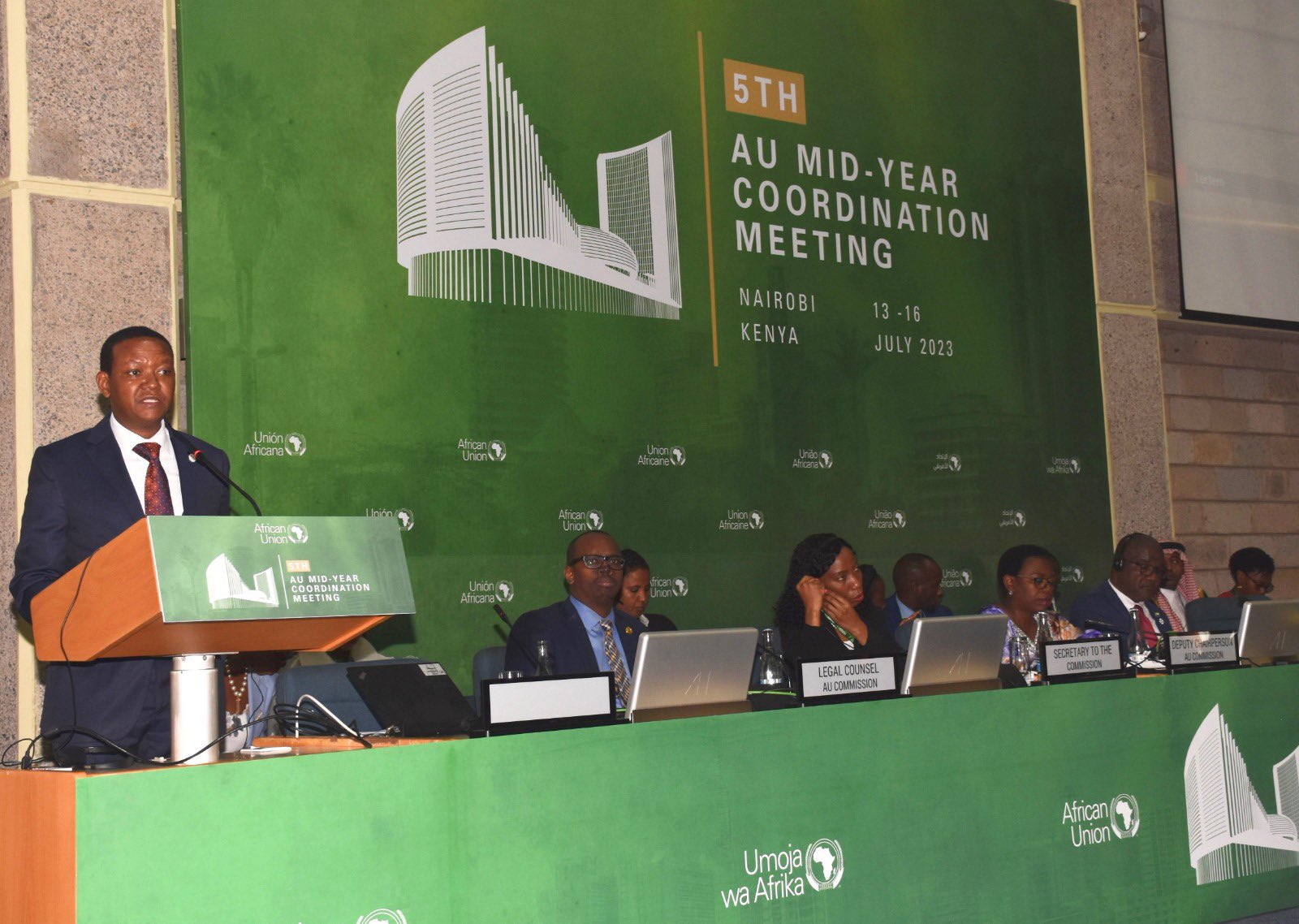|
Getting your Trinity Audio player ready…
|
By Prof Laeed Zaghlami (Algiers University)
African leaders adopted the Lusaka Roadmap to End Conflict in 2016 and pledged not to pass the burden of conflict to the next generation. They launched the ‘Silencing the Guns’ initiative and at the time of the declaration, state and non-state actors in Africa had fought around 630 armed conflicts between 1990 and 2015.
Alarming Facts
Africa continues to struggle with non-state armed violence, gangsterism, and transnational organised crime: non-state actors accounted for more than 75% of conflicts worldwide. African civilians own over 40 million small arms and light weapons. Despite the efforts of the African Union and the Peace and Security Commission, state conflicts, ethno-religious tensions, and social, economic, and political conflicts still persist.
The Libyan crisis
Since 2011, Libya has been a hub of the arms trade. The weapons looted from the military arsenal, estimated at 23 million, circulate freely among the population and in the hands of armed groups and militias. Sahelian countries such as Mali, Niger, Burkina Faso, and Chad, which suffer from assaults and attacks by armed groups, suffer from the repercussions of the Libyan crisis. In sum, the situation is a source of instability and chaos; aggravated by foreign military interference. In fact, political and media agenda, world leaders met in Berlin and agreed on an arms embargo for Libya. However, some countries, accused by the UN SG of violating the embargo, continue to supply arms to the conflict. The European Union launches the IRINI operation to accept the arms embargo on Libya, but critics argue that it does not contribute to a solution to the Libyan problem, nor to the embargo.
The Peace Media
The media in North Africa has advocated peaceful solutions through articles and reports. We all remember the appalling role of Radio des 1000 ‘collines’ in the Rwandan genocide in 1994. Although the concepts of ‘Peace Media’ and ‘Peace Journalism’ are very new in the culture of this region, in practice they are gaining ground and understanding.
Articles and commentaries are published, and television and radio programmes with experts and politicians are broadcast to draw public attention to the dangerous impact of this conflict on peace and security in the region. Not enough light on the ‘Silencing the Guns’ initiative Nevertheless, North African leaders have been active in achieving a peaceful solution in Libya.
However, the media in the region has not shed enough light on the ‘Silencing the Guns’ initiative, as they may not have been sufficiently informed about the issue. In the Algerian media, for example, the situation in Libya is regularly reported and the security impacts are widely covered, including the massive arms trafficking along the borders. Probably, the media underestimates the STG, even considers it strange and too detailed, while “the devil is in the details”.
After all, the media play a role in raising awareness and explaining the danger to the general public. Thus, having even a small weapon is still a public danger and an attack on peace and personal safety. At the continental level, the educational and informative side through social media tools, press conferences, and press releases seems to be narrowly focused and underdeveloped.
Proposals for a more forceful role of the media campaign on Silencing Guns
Thus, having even a small weapon is still a public danger and an attack on peace and personal security. At the continental level, the educational and informative side through social media tools, press conferences, and press releases seems to be narrowly focused and underdeveloped.
One proposal is to establish a contact list of African media of all kinds, then proceed to feed it with the necessary material and relaunch regional pools for rapid information flow across the continent. Stories need to be more relevant and powerful in highlighting the virtues of the state of peace as an opportunity for development, security, and prosperity.
From Afro-Pessimism to Afro-Optimism
Ahead of Agenda 2063, our continent must commit to ending images of conflict, deprivation, and violence. A united and strong Africa through respect for democratic values, social justice, and press freedom are the best policies to silence the guns and launch a new era of Afro-optimism. But more importantly, countries with an “industrial and military complex” have a duty and obligation to fully respect arms embargoes. By dumping weapons in Africa, these countries are allowing the language of guns to continue for so long … at the expense of world peace, stability, and security.
